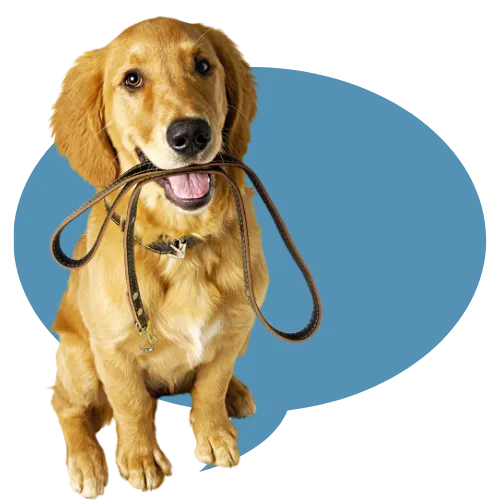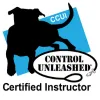DogSpeak Blog
Thoughts, Tips, and Training Techniques

Empower your dog to make Good Choices
Unleash your dog's potential with easy-to-follow and effective dog training techniques!

No blogs found

Angie as a Carnivore Keeper at the Denver Zoo
Want to work with DogSpeak?




